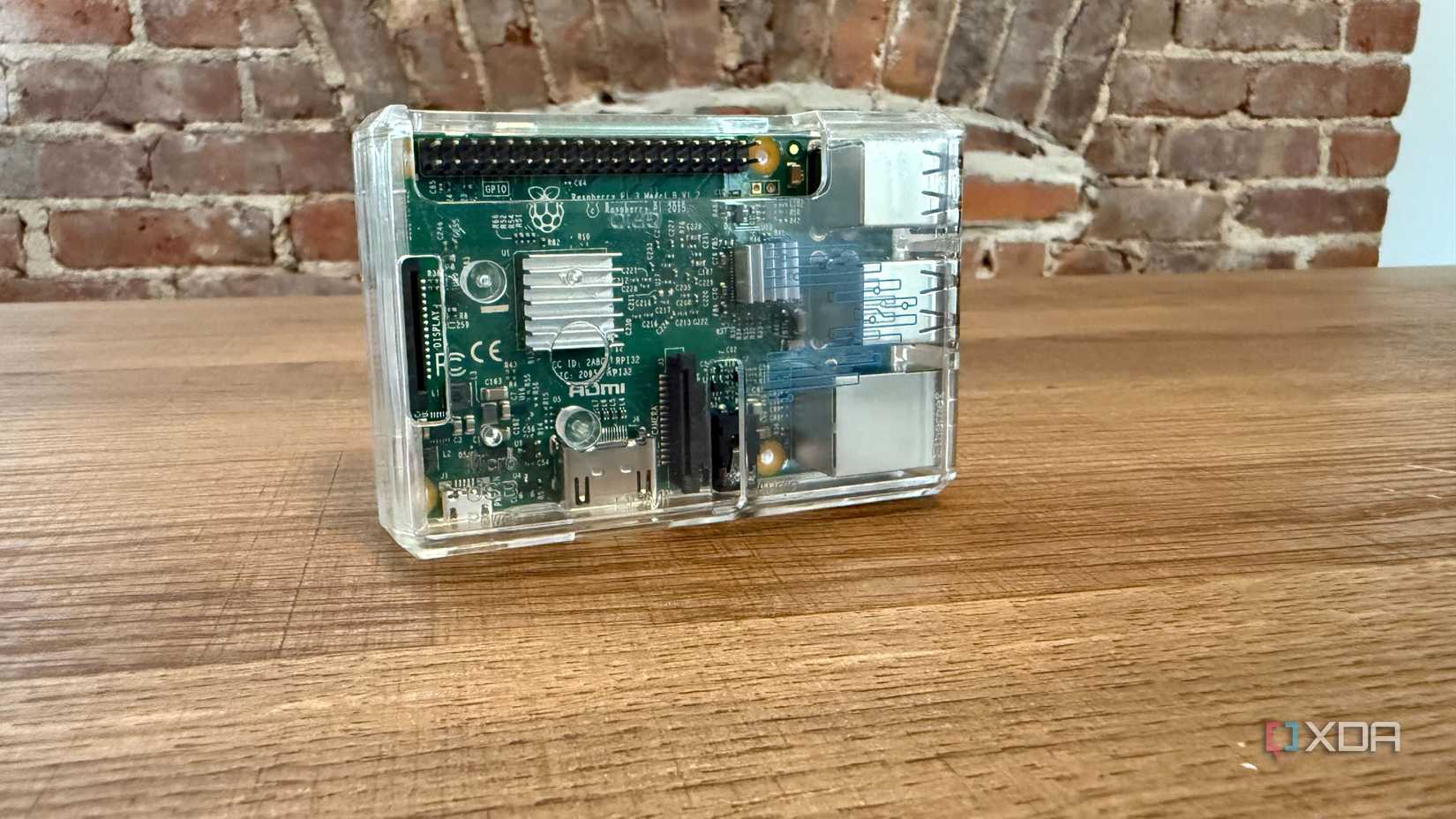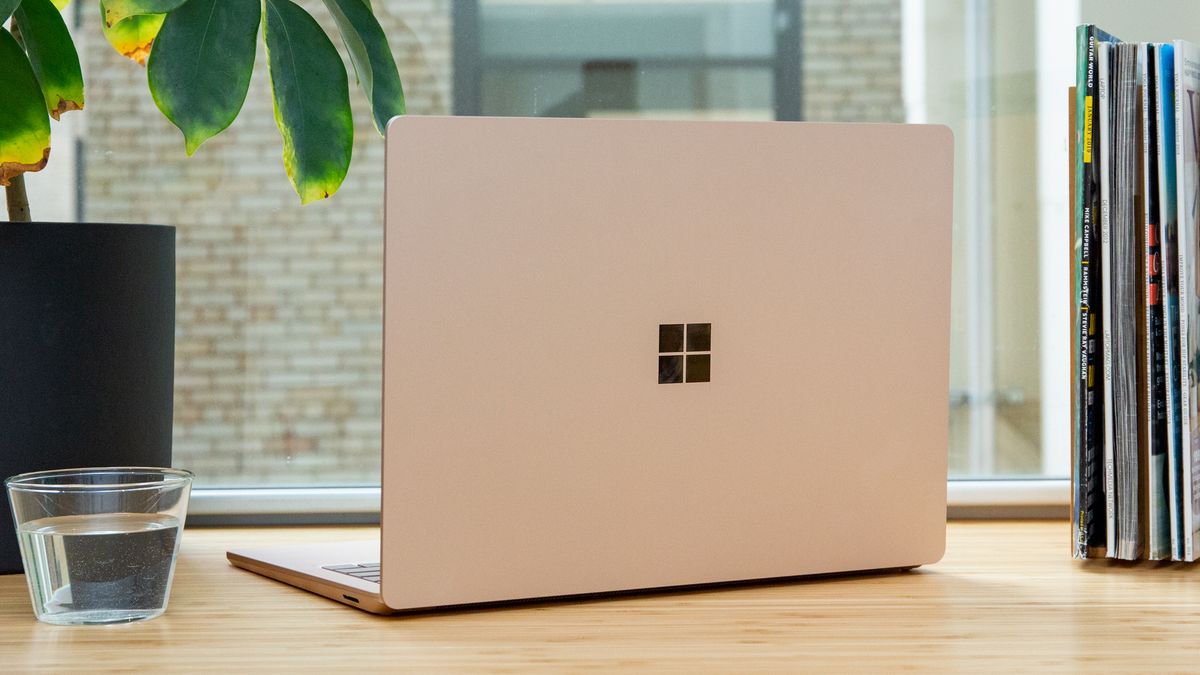Raspberry Pis can be used for all sorts of projects, and some of them make fantastic travel companions. From travel-friendly media servers and a portable NAS to a travel router or laptop replacement, you can use a Raspberry Pi for quite a lot. Especially if you don't need all the power and performance of a full PC.
But there's only one Raspberry Pi project that I need as a constant travel companion, and as useful as a travel router, retro game console, or media server might be, I've got a rather particular Pi project in mind as my ultimate travel companion. I often use my phone as a portable Wi-Fi hotspot, and I've got the MSI Claw 7 AI+ for a gaming handheld, which means I don't really need a travel console. I tend not to watch a lot of movies or TV shows when traveling, as I tend to wear myself out by diving or going on city tours.
What I do need when I travel is a camera backup hub.
Turning a Pi into a photo hub
Even an older Pi will do
It doesn't take much to turn a Raspberry Pi into a photo backup hub, and you can do it even with an older Pi. So if you've got an older model that you don't need anymore, turning it into a travel gadget is a great way to recycle an older SBC, assuming it works, and you've still got the power supply, anyway.
While traveling, I tend to take a lot of photos. Between my phone, my DSLR, and my underwater cameras, there are a lot of photos to back up and save, and at least two SD cards in the mix. Since I don't always travel with my laptop, this is where the Pi backup server comes in.
Using either a 1-2TB microSD card, external SSD, or HDD allows the Raspberry Pi to store backups of my travel photos in case my camera SD card fails or my underwater camera housing floods, ultimately bricking the SD card in the process. Because I'm often tired after a day full of diving, I set up my Pi with a USB hub that features an SD card reader and installed rsync to streamline the process of getting my photos transferred from my camera to the Raspberry Pi.
This way, I can back up my photos whether I have a laptop with me or not, and all it takes is a small, lightweight Raspberry Pi.
Setting up rsync with a script to run automatically takes a bit of work and fine-tuning, but it means you don't need an external monitor or keyboard to get the Pi to back up your photos, and I personally think it was absolutely worth the time investment.
It's ideal for travel.
Especially for those who might otherwise slack on backing up photos

While a Raspberry Pi might be a bit bulkier to take with you compared to an Arduino, it's more than portable enough for my purposes. After all, it's smaller than both of my travel cameras and I can set it up to run without bulky accessories like a keyboard or monitor, making it easier to pack away than even my ultra-thin laptop. Even the USB hub I use for the SD card reader alongside the Pi is slim and easy to transport, but there are also standalone card readers that can reduce the hub's footprint even further.
Granted, I do often travel with a laptop, but I sometimes have to pack very lightly due to baggage weight limitations on small regional flights. Since small planes tend to end up in my itinerary when I'm traveling somewhere particularly remote, that's usually where I want my camera equipment with me. And if I have to choose between my laptop and an extra lens, I'm always going to bring the lens. So the Pi backup server becomes essential, because I absolutely don't want to lose those photos.
Other Pi projects could be a better fit
Though, if you've got multiple spare Pis, you can make multiple gadgets

As detailed above, there are plenty of travel-friendly Pi projects you can go for. And for some folks, a portable media server or a Wi-Fi router makes more sense than a camera backup hub. But as someone who easily shoots hundreds of photos in a single day while traveling, and often has to travel lightly, having such a small, lightweight photo backup server that can travel with me is a lifesaver.
Sure, I could bring my laptop, SD card reader, and load all my photos onto an external SSD or cloud-based server. But a laptop and external SSD weigh a lot more than a Raspberry Pi. And a cloud backup server is great, assuming you always have access to the cloud. I often find myself miles offshore with no cell data and no Wi-Fi, making a cloud backup solution less than ideal.
But my circumstances are far from average. Most people will find a router, media server, portable NAS, portable game console, or laptop replacement to be a better choice as an "ultimate" travel gadget. In fact, you could even turn your Raspberry Pi into an offline travel blog, if you wanted. You could even make several, if you've got a few spare SBCs lying around.
For me, though, a camera backup server that's lightweight and easy to run is the ideal travel gadget, because I'm notoriously lazy about backing up my photos in the first place. So anything that can streamline that process and cut a few pounds off my carry-on is priceless.
.png)











 English (US) ·
English (US) ·